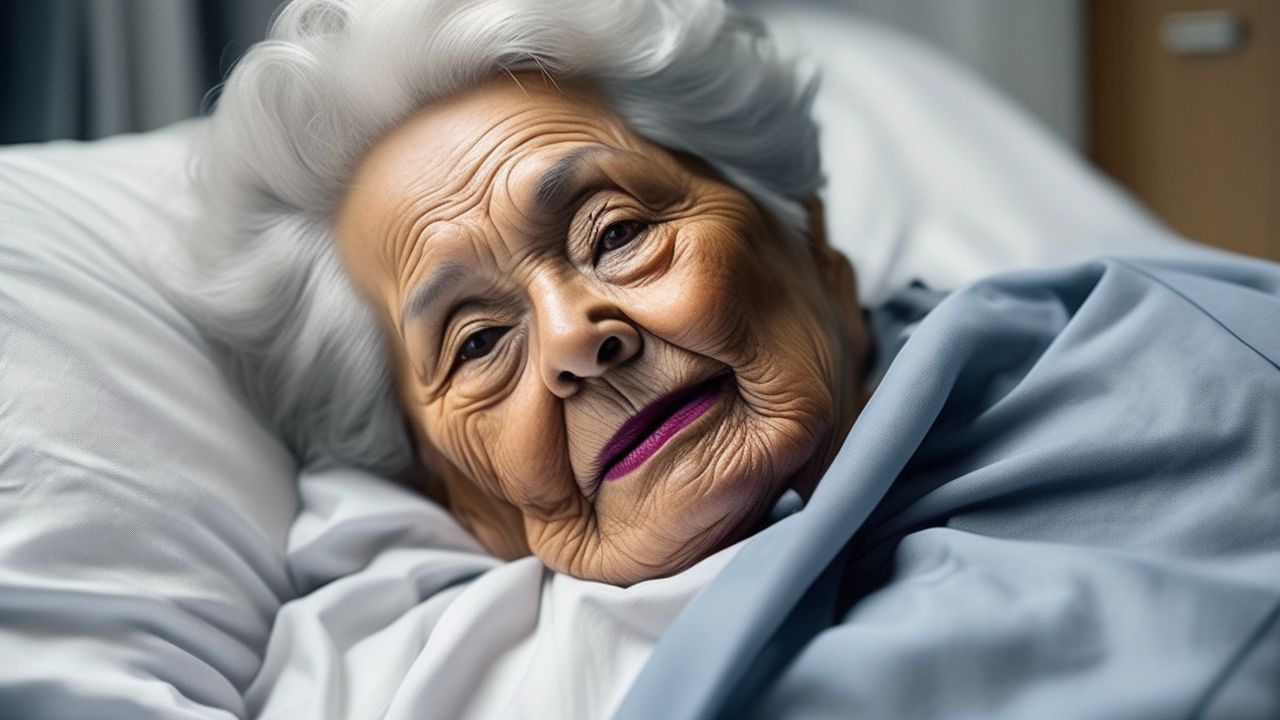What is the relationship between hand-foot tremor and stroke?
Hand-foot tremor
The patient has involuntary tremor of hands and feet. In severe cases, the head and trunk also have tremor. There are no symptoms such as hand and foot failure and unclear language. It is called tremor paralysis, also known as Parkinson’s disease. The age of onset is mostly 50-60 years old, with more males than females, and the disease course is slowly progressive. Tremor occurs in the stationary phase, which is aggravated when excited. Tremor attack is mild during exercise or simple labor. Tremor at the distal end of the limb (the end of the hands and feet) is the most significant, and tremor of the fingers often appears as a pill.
At the same time, there is muscle tension enhancement, myotonia, and the chance of causing self movement is relatively reduced. The face often shows a “mask face” with lack of expression. When writing continuously, there is “too little writing syndrome”, it is difficult to walk and start, and the small step forward rush presents a “flustered gait”. The etiology of Parkinson’s disease is not completely understood yet, but it has no connection with stroke.

However, the tremor of hands and feet caused by arteriosclerosis, carbon monoxide poisoning, brain injury and encephalitis is called “Parkinson’s syndrome” in western medicine This syndrome is different from Parkinson’s disease. Its most important complication is arteriosclerosis, which is the main cause of stroke. Therefore, Parkinson’s syndrome can be complicated with stroke when it is not cured for a long time.
What are the treatment principles for Parkinson’s syndrome?
As previously mentioned, there is an important causal relationship between elderly Parkinson’s syndrome and arteriosclerosis. Therefore, treatment should address both controlling tremor attacks and improving cerebral arteriosclerosis. To control tremor attacks, Western medicine often uses levodopa, but its efficacy is not satisfactory, and levodopa has significant side effects. In recent years, many Chinese physicians have chosen traditional Chinese medicine and acupuncture treatments with special effects for this disease, achieving better results. It is worth further studying. For treating cerebral arteriosclerosis, Western medications such as sodium alginate and aspirin can be used, but the course of treatment is long and difficult to see results in a short period.
One notable study on the latest treatments for Parkinson’s syndrome
One notable study on the latest treatments for Parkinson’s syndrome (Parkinson’s disease) comes from the University of Oxford in the United Kingdom. The study is titled “Deep Brain Stimulation for Parkinson’s Disease: Current Status and Future Directions.”
The primary focus of the study was to review the current status of deep brain stimulation (DBS) as a treatment for Parkinson’s disease, including its efficacy, safety, and the specific targets within the brain that are stimulated. DBS involves the surgical implantation of electrodes into specific areas of the brain, which are then connected to a neurostimulator device placed under the skin. The researchers discussed the advancements in DBS technology, including the development of more precise targeting methods and the use of adaptive neurostimulation to optimize treatment responses.
The study highlighted that DBS is an effective treatment for advanced Parkinson’s disease, particularly in managing motor symptoms such as tremor, rigidity, and bradykinesia. It demonstrated that DBS can significantly improve quality of life and reduce the need for medication, especially in cases where medication alone is no longer sufficient. The researchers also discussed the ongoing research into new DBS targets and stimulation paradigms that may further enhance treatment outcomes.
This research contributed to the field by providing an updated review of DBS as a therapeutic option for Parkinson’s disease, emphasizing its clinical benefits and the ongoing technological advancements that are refining its application. The study underscored the importance of a multidisciplinary approach to patient care, involving neurologists, neurosurgeons, and rehabilitation specialists, to maximize the benefits of DBS. It also highlighted the need for further research to explore the potential of DBS in managing non-motor symptoms and to develop personalized treatment strategies based on individual patient characteristics.




